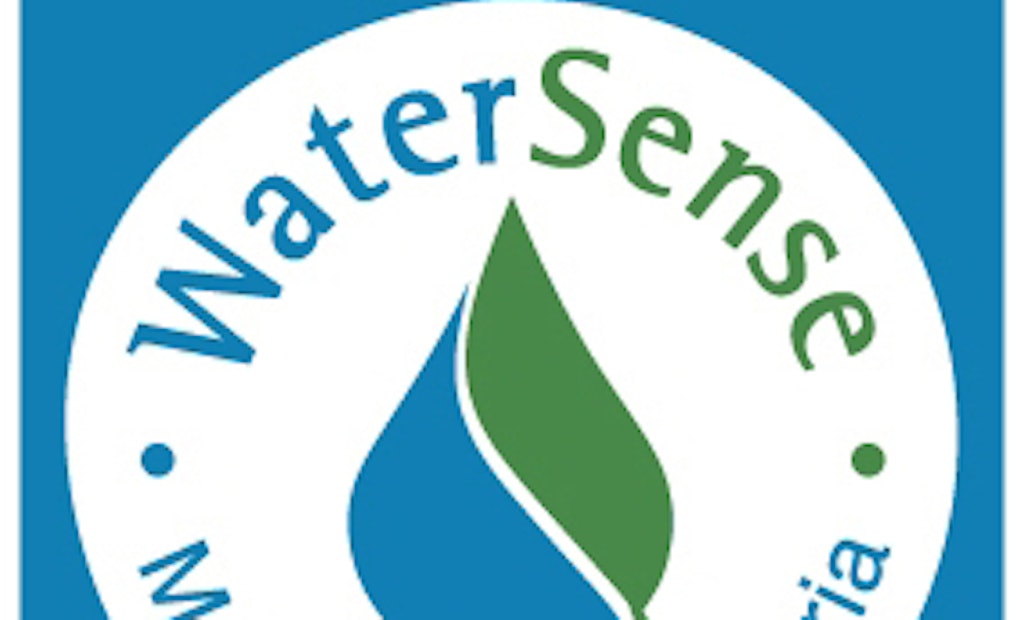Interested in Location/Detection?
Get Location/Detection articles, news and videos right in your inbox! Sign up now.
Location/Detection + Get AlertsMunicipal water managers are well aware of the waste caused by leaks, from cracks in large transmission systems to slow drips at the kitchen faucet. Unfortunately, the people you serve aren’t always as in-tune with the severity of this problem, its consequences and the steps that can be taken to solve the problem.
Fix a Leak Week was created through the U.S. Environmental Protection Agency’s WaterSense program in an effort to educate people about this significant problem. March 18-24 marks the fifth annual Fix a Leak Week.
WaterSense, a partnership program sponsored by EPA, encourages Americans to check and replace leaky plumbing fixtures and sprinkler systems, helping households save more than 10,000 gallons of water per year and as much as 10 percent on utility bills. The program seeks to protect the future of our nation’s water supply by offering people a simple way to use less water with more efficient products and services.
American Water, the nation’s largest publicly traded water and wastewater company, is also partnering with the EPA to promote Fix a Leak Week.
“Easy-to-fix household leaks waste more than 1 trillion gallons of water annually nationwide, which is equal to the amount of water used by more than 11 million homes,” says Nancy Stoner, acting administrator for the EPA Office of Water. “We’re not just wasting water; families also lose money from leaks with higher utility bills. That’s why Fix a Leak Week is so important, and why we encourage everyone to take a few simple steps that add up to make a significant positive impact.”
Making an impression
The weeklong leak-fixing campaign is designed to impact consumers, but municipalities also play a critical role in affecting change.
“Just as homeowners have a responsibility to check their pipes for leaks, water utilities nationwide must also find and repair system leaks,” says a press release from American Water.
In Aurora, Colo., the water department introduced a water conservation audit team to educate the public and lower demand for water. They follow up with customers who have complaints about water leaks. The city has also invested in remote smart readers that customers can buy to track their own water usage. And when the water supply becomes limited, the city imposes usage restrictions. Public education includes promoting low-volume showerheads, the use of rain barrels for lawns and conservation efforts ranging from education classes to youth water festivals.
Port Angeles, Wash., relies heavily on conservation programs to educate homeowners on water usage to prevent excessive leaks. The municipality believes in sharing its consumption history with customers so they can better manage waste use. High-efficiency showerhead and aerator giveaways also get customers involved in the education process.
When customers in Cohasset, Mass., were faced with water shortages, the city, in partnership with American Water, launched a 15-year, $33 million project to upgrade a deteriorating water treatment and distribution system. During the public works project, the board of water commissioners regularly released progress reports to the local news and included bill stuffers to alert customers to any changes or updates. New water meters installed in the first stages of the project also allowed for more accurate water usage monitoring.
These examples offer only a glimpse into the vast efforts among municipalities to educate customers on the importance of water usage and inform them about the work being done behind the scenes to prevent leaks and fix our failing water infrastructure.
Leak-fixing efforts
This week, cities and water districts nationwide will use Fix a Leak Week to further educate consumers with a variety of events. The City of Charlottesville, Va., planned a 5K race featuring organizations with information on ways to save water and energy. The Metropolitan North Georgia Water Planning District also organized a race and water festival.
Other water utilities, including Central Arkansas Water and WaterSense Partners in Texas, will offer do-it-yourself indoor leak-fixing workshops for customers and plan to distribute efficient plumbing fixtures to low-income homes. Colorado Springs Utilities will allow customers to exchange old showerheads with WaterSense-labeled models.
Even if your utility isn’t involved in this year’s program, take note and begin planning for next year. Better yet, make it part of your mission the whole year round. It could yield significant results for your utility and your customers, and help preserve a very precious resource.
For more information or to get involved with Fix a Leak Week, visit www.epa.gov/watersense/our_water/fix_a_leak.html.






